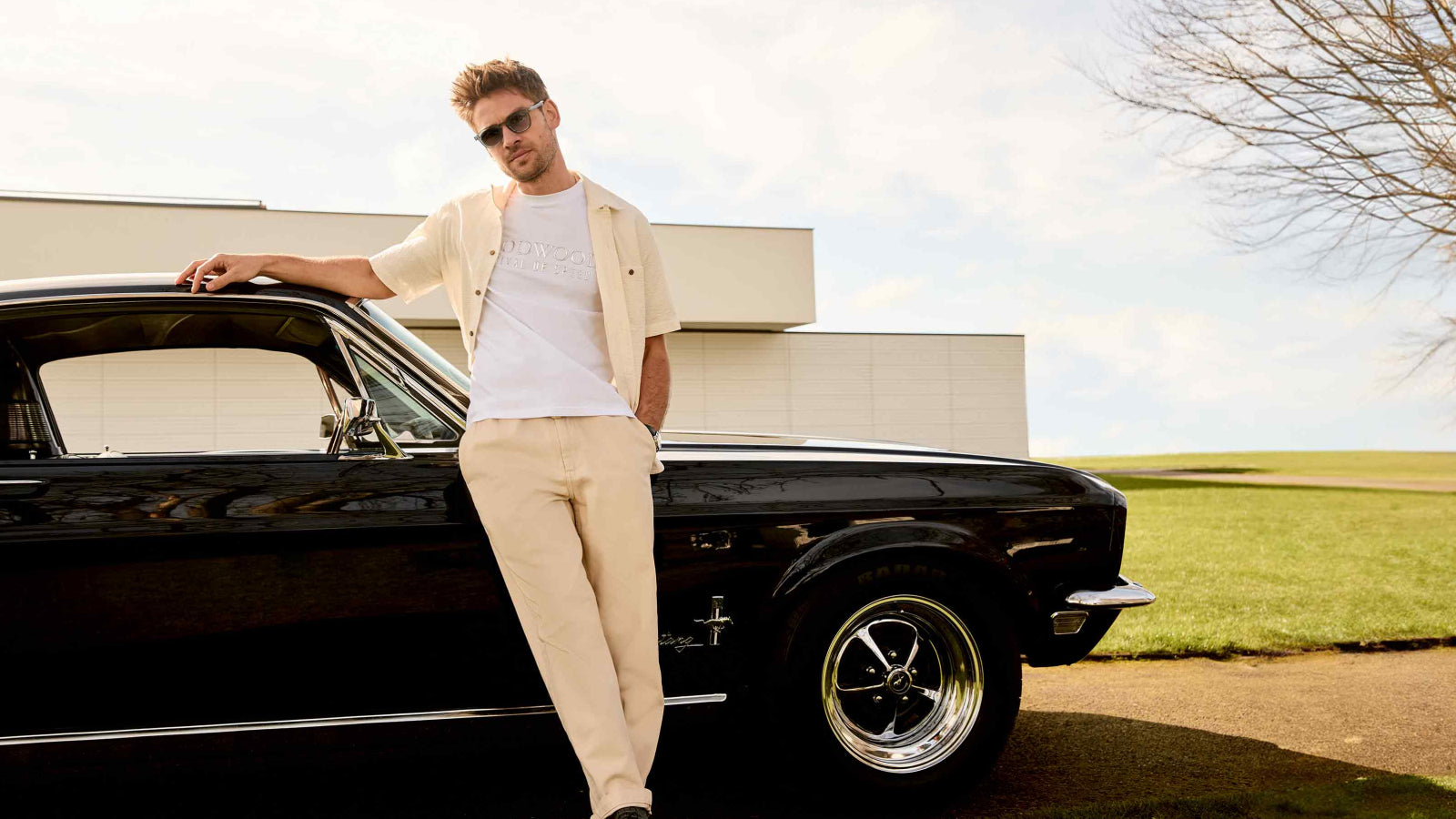The new Mini that never was
It’s a Mini, but not as we know it. This radical reinterpretation, revealed here for the first time, was actually drawn 25 years ago and is how the designer of the new Mini, Frank Stephenson, envisaged how his baby would look as a second-generation model for 2009. It is the first time Frank has shown the design in public.

In a few months’ time it will be the 20th anniversary of the new Mini’s unveiling: the covers officially came off the production version at the Paris Motor Show in 2000, prior to the car going on sale in 2001 – and subsequently taking the world by storm.
Ahead of that anniversary GRR recently sat down with Frank Stephenson to talk cars and a career that has gone from motocross works rider to leading design teams at companies including BMW, Mini, Fiat, Ferrari, Maserati, Alfa Romeo, Lancia and McLaren, on the way reinventing icons and defining brands. That interview is coming soon, but first, and in light of the Mini’s 20th, we talked to the influential designer about his most famous creation…
GRR: What’s so different about your design for a second-generation of the reborn Mini?
FS: It is quite a bit more advanced than the first of 2000, and indeed more advanced than what is in the market now. It is still recognisably Mini but the bonnet is shorter and the windscreen moved forward. Overall it kept the same 3.6m length (as the 2000 car) but interior space was increased. It got back to being small on the outside, big on the inside. I thought it looked good, and still looks good.
GRR: How did the drawing come about?
FS: When BMW asked me to be part of the new Mini design competition in 1996 I started by drawing how I thought the Mini might have progressed in each decade since 1959. The fourth-generation model was to be the new one – and that was the car BMW and Rover chose as the production model. But I did a drawing of a car that would come after that as well, a fifth-generation model for 2009, and this is that drawing.
GRR: Should Mini have changed the car’s look in your view?
FS: The 2006 model change was the time they could have done that, but they didn’t and rather like the Porsche 911 they are now pinned into a corner. It is going to be very difficult to branch out with a significantly different design.

A second generation Mini, the 'Baker Street Edition'.
GRR: How do you view the brand’s development since then?
FS: It was inevitable the new Mini would have to be bigger but with the latest variants the cute kid has turned into the overweight teenager. I think they should have kept at least one smaller version. I think they are trying to turn the ship around now but after 20 years they are really locked into that design language.
GRR: What would your electric Mini look like?
FS: If I was doing an electric Mini now it would be closer to the 10ft (3m) of the original, with space for four adults and their luggage and meeting all safety requirements. Smaller motors allow us to free up more space than before, so the car can be better packaged. It’s time for a return to compact dimensions and good packaging.
An electric Mini would also be a chance to try something new in design, still maintaining the family look but appealing to a new generation of buyers who are not so concerned about Mini heritage. I don’t think Mini has done that enough with its electric model.
GRR: Did you always envisage how far the Mini range could be developed?
FS: No never, none of us really did. We knew early on that potentially we had a huge hit on our hands. That was clear from the market research we did in 1998. We had a Mini without any badges alongside competitor cars and asked people from Europe to the US to Australia what they thought. Not everyone knew it was the new Mini, but that didn’t matter. The feedback was more positive than any feedback we had ever had.
GRR: What did you make of the reaction to your new Mini when BMW briefly showed off a prototype for the first time at the Frankfurt Motor Show in 1997?
FS: It was the surprise of the night, when the car drove out of a box at the start of the show. The journalists went crazy for it and tried to open the doors. What they didn’t know was that it was really a Fiat Punto with a Mini bodyshell. The windows were dark because inside was a Punto interior. In his haste to drive off afterwards the driver went up a one-way street the wrong way…
To my mind the new Mini was never a radical design. The original Issigonis Mini was revolutionary, my new one was evolutionary. It was a car to reconnect Mini with the market. It certainly did that.
Mini
Frank Stephenson
Design































































